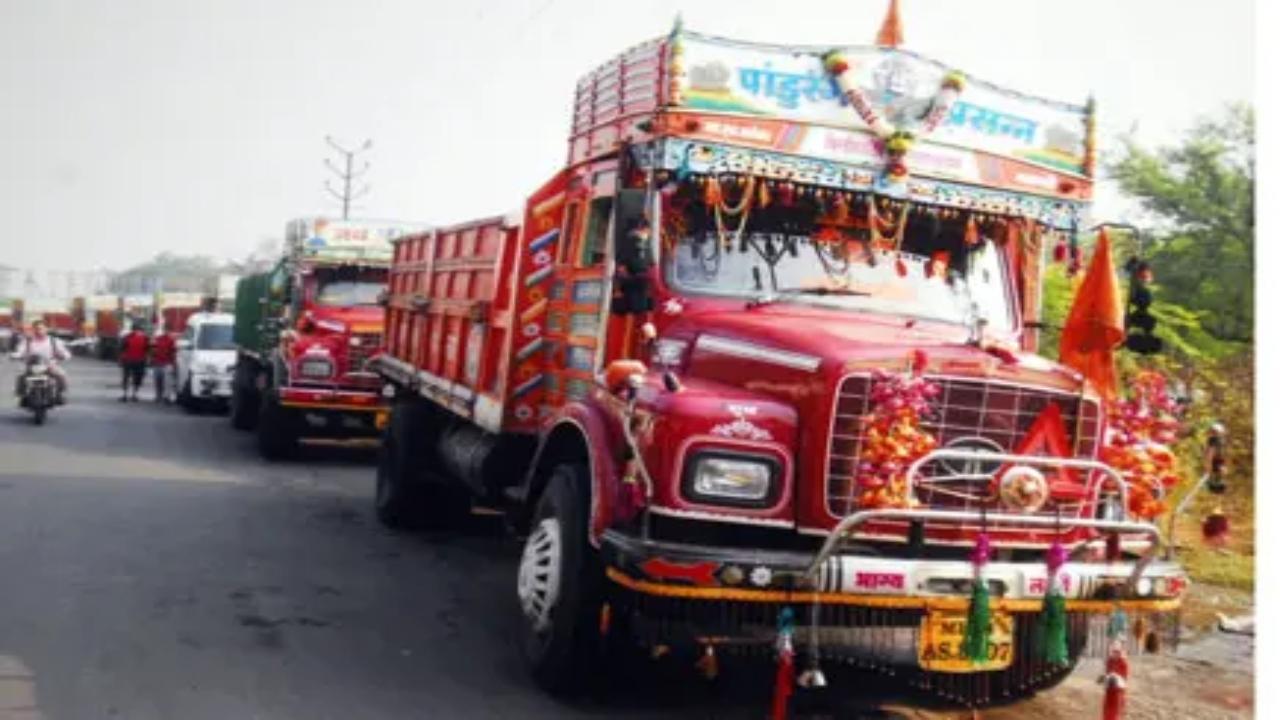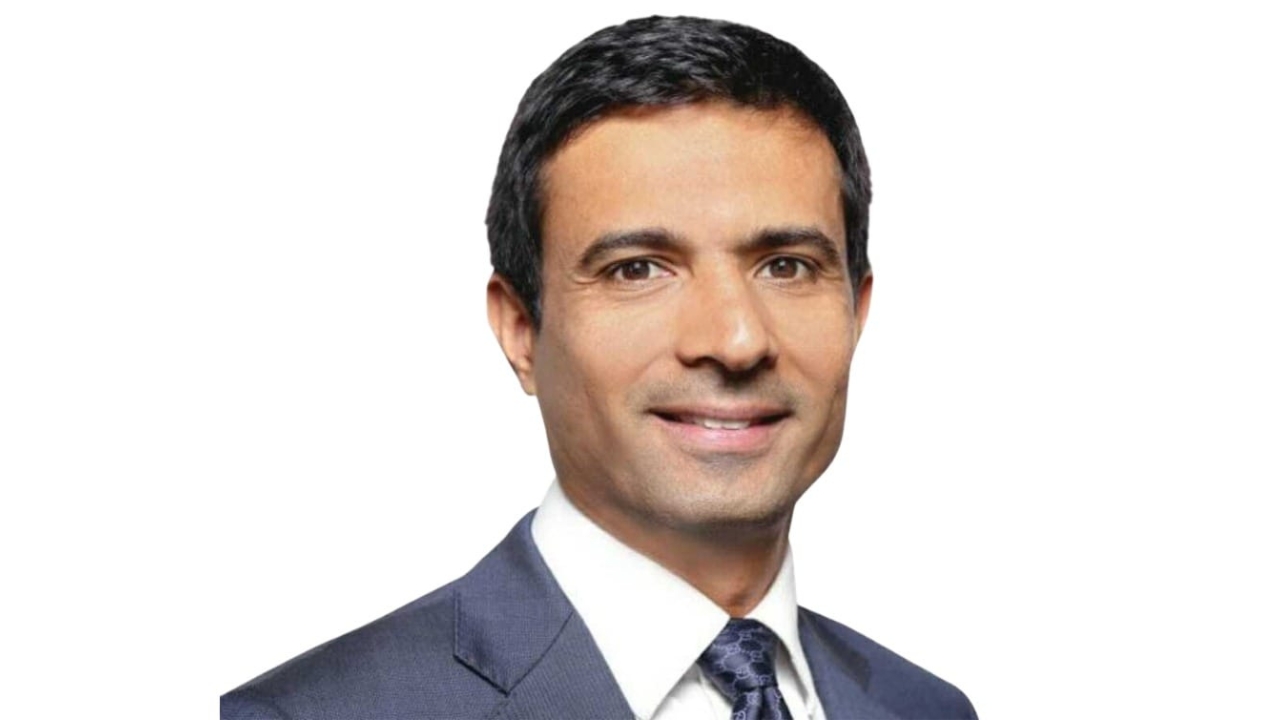Maharashtra transporters rejoice scrapping of Warai tax on goods transportation

Transporters in Maharashtra are rejoicing the scrapping of Warai tax on transportation of goods and have thanked the Maharashtra government for the decision. Warai charges are local unloading charges from the trucks on an average per truck depending on the tonnage and official receipt is also issued in most of the cases.
“With the circular dated 16th January 2024 issued by the marketing directorate of the Department of Co-operatives, Marketing and Textiles to the Chairmen of Agriculture Produce Market Committees across the state, collection of Warai tax has been scrapped. It would now be an illegal act to collect the amount towards warai & entry tax from the owners and drivers of the transport vehicles,” Suresh Khosla, president of Bombay Goods Transport Association (BGTA), said.
The circular clearly mentions that owners and drivers of the transport vehicles have nothing to do with Warai. If anyone tries to collect Warai or Entry Tax, strict action will be initiated by the appropriate authorities, Khosla added.
It was the Bombay Goods Transport Association (BGTA), the truckers body, that had opposed Warai and steered this movement.
“For many years, lorry/tempo owners and drivers were silently suffering this heeding to the demand of illegal collection by certain local organisations/individuals. We opposed and brought this to the notice of the concerned government authority with consistent follow-up for years, and we now got justice. We are thankful to the Maharashtra government for a crystal-clear directive in this regard through its circular. Right now, we are reaching out to our entire transport fraternity informing them about this circular and urging them not to pay the amount as Warai and Entry Tax,” he said.
“We are thankful to the Marketing directorate of the Department of Co-operatives, Marketing and Textiles with the Maharashtra Government for understanding transporters’ concern and giving out fair justice to over 20 lakh truckers in the state,” he added.





